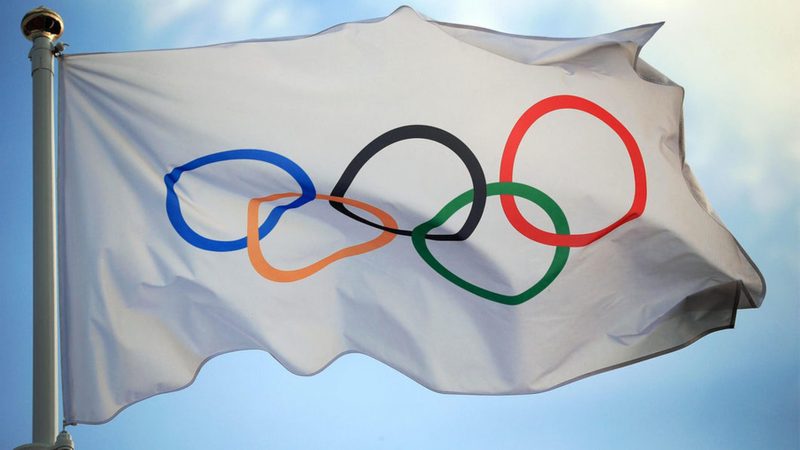
Whilst it was a fabulous spectacle of sport to the watching world, the Rio Olympic Games once again highlighted sport's drive to protect the integrity of competition. The International Hockey Federation (FIH) was once again leading the drive to keep the sport clean.
There is no doubt in anyone’s mind that the eradication of illegal or unethical activities in sport needs to be a priority for the International Olympic Committee (IOC) and the individual International Federations.
For that reason the IOC put together a package of sound measures that were put in place during the Rio 2016 Olympic Games, including in the Athletes Village and behind-the-scenes at all events.
The FIH once again played a leading role in this area, supporting the IOC's activity in Rio as part of their continued quest to protect the integrity of sport at the Olympic Games.
“FIH was very happy to be one of the pioneering sports in this initiative because we are totally dedicated to keeping hockey a sport that is inclusive, sustainable and, above all, has integrity,” says FIH CEO Kelly Fairweather. “We are fully supportive of the IOC and its measures to combat illegal activity – be it doping, suspicious betting behaviour or anything else that threatens the integrity of the Games as a whole or of an individual sport.”
Fairweather is also pleased that lessons learnt from London and Rio will be taken forward to Tokyo 2020.
The Olympic Agenda 2020, the strategic roadmap for the future of the Olympic Movement, has reiterated the IOC’s commitment and drive to protect clean athletes and the integrity of sport.
For the first time, athletes at the Olympic Games took part in educational awareness programmes, which highlights the sort of manipulation that sports can become victim to.
The IOCs integrity eLearning platform challenges athletes and officials’ awareness of the fight against the manipulation of competitions. More importantly, it teaches them the role they can play in protecting themselves and in preserving the integrity of their sport and competitions.
Featuring real-life scenarios, this eLearning was available to athletes in the Olympic Village’s IOC Space, on their mobile phones as well as online.
“The decision to include the athletes in the battle to maintain the integrity of the Games is the sensible way forward,” says Fairweather. “It helps to highlight potential pitfalls that athletes can succumb to - often through ignorance in the first instance. The eLearning platform is a powerful tool that will help athletes recognise situations and respond correctly.”
The practical measures that were in place for the Rio Games included a fully operational Joint Integrity Intelligence Unit (JIIU) working in collaboration with experts from the Rio 2016 Organising Committee, as well as a reinforced Integrity Betting Intelligence System (IBIS).
The JIIU has been responsible for the prevention, monitoring and assessment of any unethical activity related to the Olympic Games, and has been supported by the Department of Federal Police (DPF), the Secretariat of Security for Major Events (SESGE) and, in the case of any criminal activities, INTERPOL.
This Games time related activity follows news that a total of 1,224 top-level hockey athletes and support personnel from 25 different countries have completed either WADA’s on-line anti-doping education programme “ALPHA”, or a course led by a National Anti-Doping Organization (NADO). Those undertaking the educational course included all 432 athletes going to Rio.
As part of its Hockey Revolution, FIH aims to build a recognised, powerful image for hockey and at the core of this is providing a clean, ethical sport for millions to enjoy.
For further information on the IOCs activity in this area, visit: www.olympic.org/playfair
For more information about the Hockey Revolution, click here.























